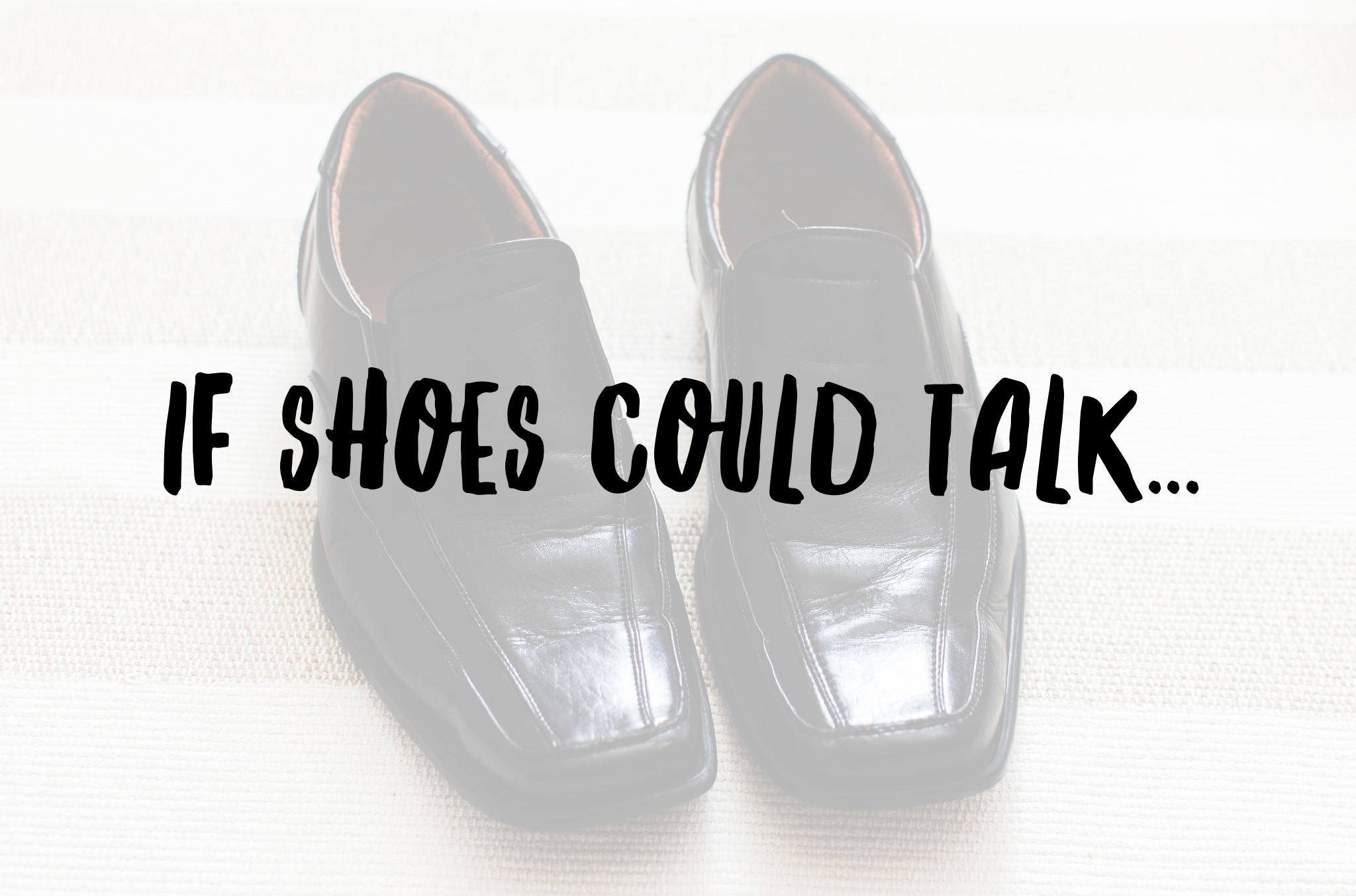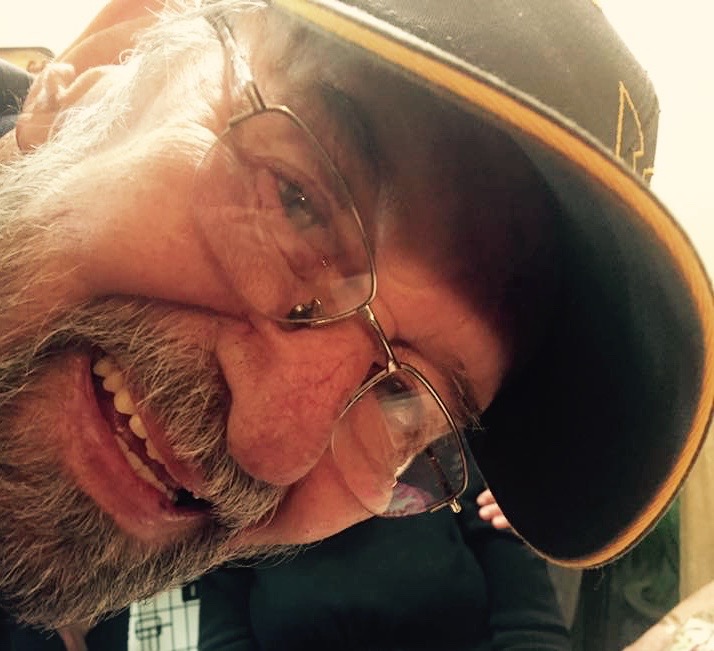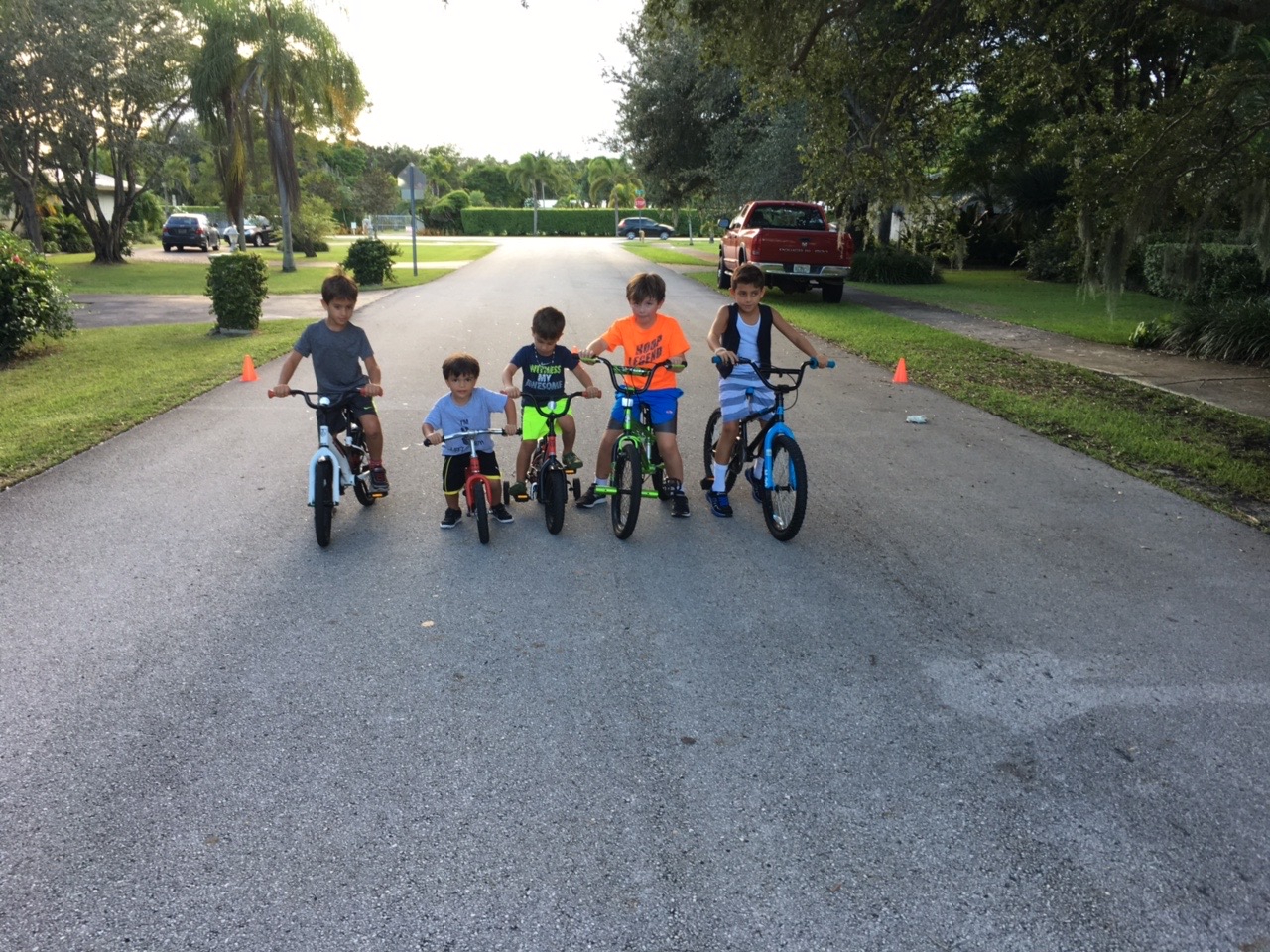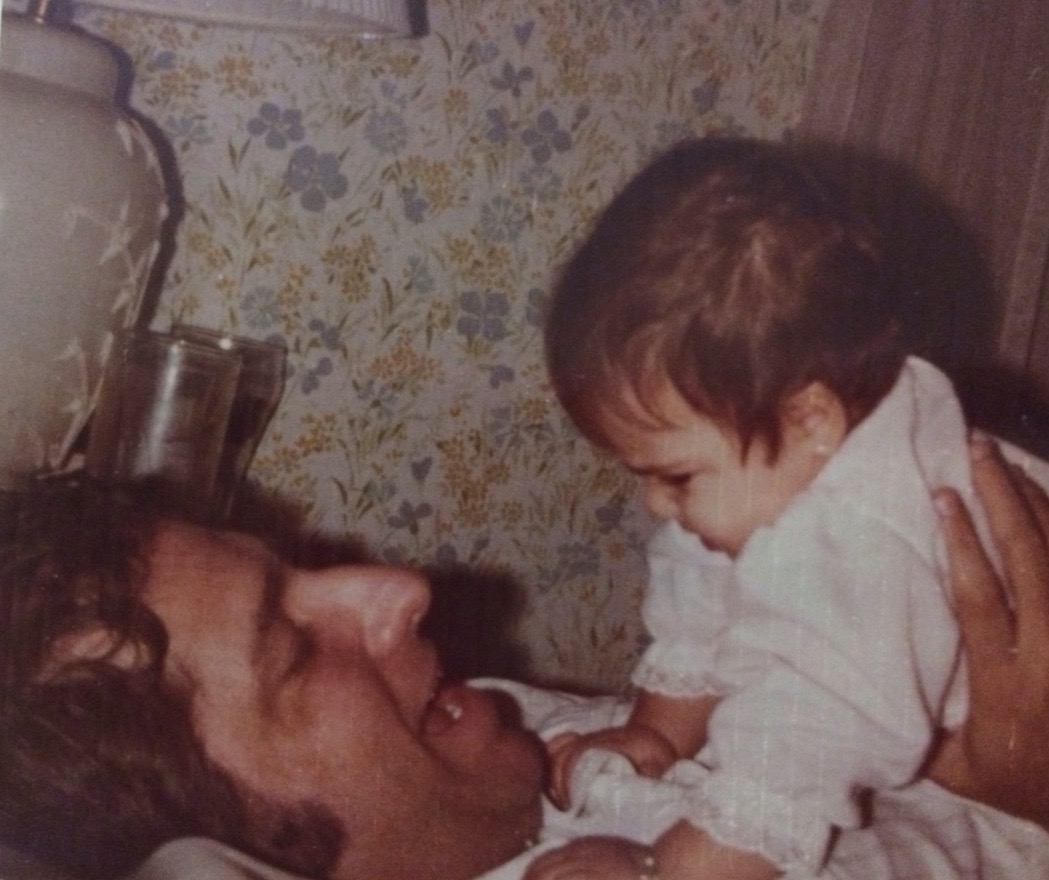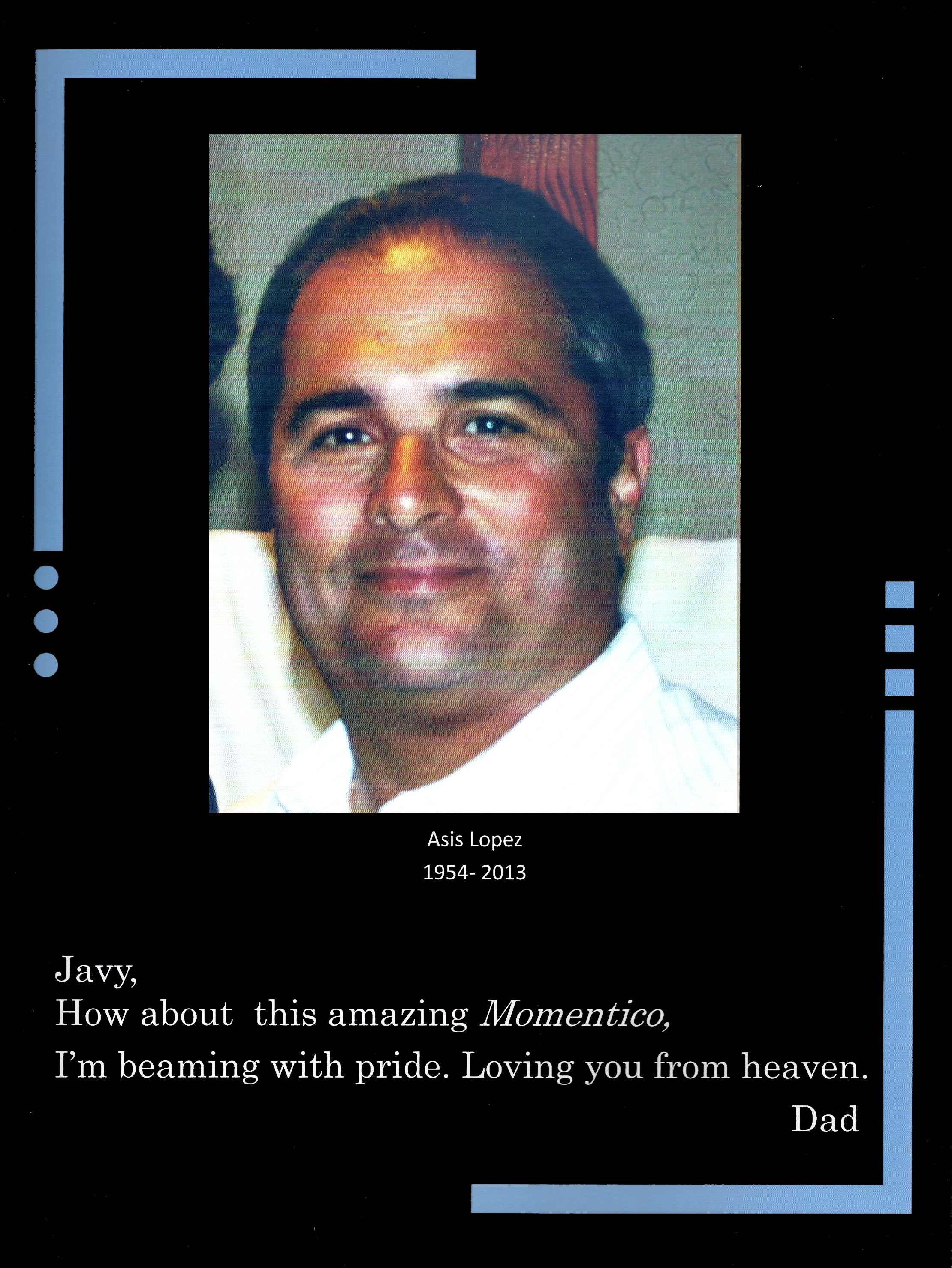It was Wednesday morning and I had been running around since 4:30 a.m. Wake up, pack lunches, exercise, come home & shower, help kids get dressed, eat breakfast, drive kids to school, head to a meeting, put gas, and make it to Chucho’s funeral mass by 10 a.m. It had been a busy morning of a busy week, completely programmed with time blocks for meetings, work, kids, and exercise when I got the call that my extended family member, Chucho, passed away. I was saddened to hear of his death, and even more so for his wife, children and grandchildren. The news took me back to a couple of years prior when Chucho’s daughter, Michele, passed away suddenly. Painful.
I sat in front of my calendar shifting things around to make sure I attended Chucho’s funeral. There I was on Wednesday morning running into the church as the funeral mass began. I’d been so busy that I hadn’t had enough time to really process this. I moved robotically, shifting gears from one commitment to the other checking the to-do’s off my list.
The church doors opened and suddenly a gust of silence and stillness hit me like a truck. I sat down alone in a back pew and took a deep breath. The alarm clocks, deadlines, traffic, red lights, cell phones – all the chaos – disappeared. There was so much peace in this space. Looking around, family members’ heads were bowed down, praying, weeping, and loving each other. There was also pain in this space.
Sometimes it feels as if time does not stop for anyone. The world keeps churning regardless of the circumstances. I had been on that time wheel right up to the moment when I entered the church. But sitting there in reflection I realized that time does stop for those who need it. Time had stopped for Chucho’s wife, his daughters, his son and his grandchildren. There were no other to-do’s on their calendar. There were no time blocks, commitments or tasks to complete. They were just there, fully immersed in the pain of the loss they had endured. It was in that space that I could truly be present for my family.
At the burial, Chucho’s daughter, Terry, spoke about her father. I didn’t know much about her dad other than he was married to my mom’s cousin and was always kind and friendly to me since I was a little girl. I listened as Terry retold her father’s life.
“My dad walked each of his daughters down the aisle at their weddings with the same shoes he wore on his wedding day. He also wore those same shoes to his son’s wedding. Throughout the years, his feet grew…but he still squeezed them into those shoes the day each of his children married.”
I had never heard of anyone do that before. In that one simple story, I learned so much about Chucho. I learned that he was a sentimental person. He loved tradition. He was thoughtful. He was family oriented. He loved his wife and children. He had a good sense of humor and he’d be willing to wear uncomfortable shoes in exchange for a symbolic gesture.
At the end of your life, isn’t that what matters? Not how much money you made, or how many awards you received. Its not about what car you drove or what profession you chose. Life is about the impact you make in the lives of the people you leave behind.
The image of Chucho in that pair of shoes will stay with me forever; that story will always be with me even though he’s not. In fact, I was thinking of giving away the shoes I wore to my wedding but now they have a new purpose in my closet: to wait for my sons to get married.
Chucho’s feet will no longer squeeze into those old pair of shoes but the footprints he left will last forever.

